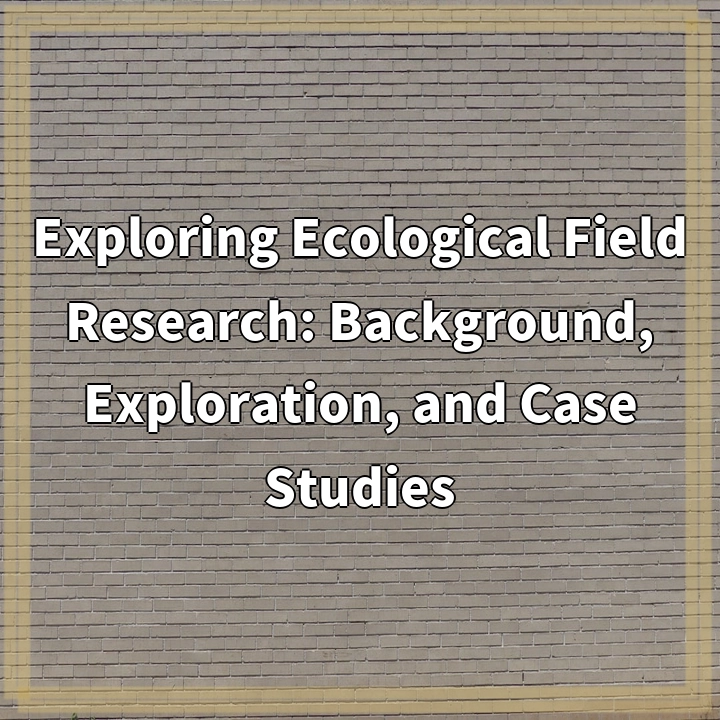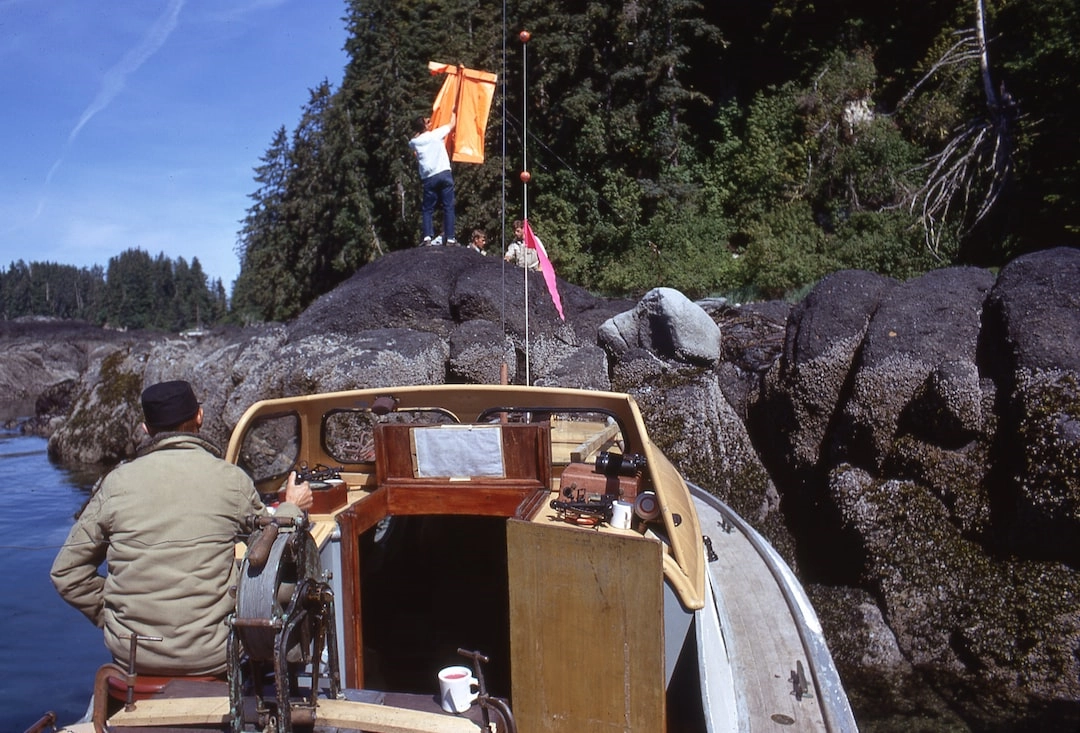
What is Ecological Field Research?
Ecological field research is a scientific approach that involves conducting studies and data collection directly in natural ecosystems. It is a hands-on method that allows researchers to understand the intricate relationships between different organisms and their environments.
Real-World Problems Associated with Ecological Field Research
1. Limited Resources
One of the major challenges in ecological field research is the limited availability of resources. Conducting fieldwork requires significant funding and logistical support for equipment, travel, and data collection. Securing funding can be competitive, and inadequate resources may hinder the scale and scope of research projects.
2. Data Collection Constraints
Field research often involves collecting data in remote or challenging environments, which can present logistical difficulties. Researchers may face harsh weather conditions, difficult terrain, or limited access to study sites. These constraints can impact the quantity and quality of data collected and may require innovative methods and technologies to overcome these obstacles.
3. Changing Ecosystems
Ecosystems are constantly evolving and responsive to natural and human-induced changes. This dynamic nature poses challenges for ecological field researchers, as the baseline data collected at a specific time may not accurately represent the long-term trends or future conditions. Longitudinal studies and monitoring are necessary to capture these changes and understand their implications for ecosystem health and conservation.
4. Ethical Considerations
Ecological field research often involves studying animals or fragile ecosystems, raising ethical considerations. Researchers must balance the pursuit of scientific knowledge with the well-being and conservation of the study subjects. This requires obtaining appropriate permits, minimizing disturbances, and ensuring the ethical treatment of wildlife and ecosystems.
5. Collaboration and Interdisciplinary Approaches
Addressing complex environmental problems often requires interdisciplinary collaboration. However, coordinating research efforts between scientists from different disciplines can be challenging. Ecological field research needs to incorporate interdisciplinary approaches, such as integrating social and economic factors, to provide comprehensive solutions for real-world environmental problems.

Solutions to Real-World Problems in Ecological Field Research
1. Seeking Additional Funding and Resources
Researchers should actively pursue diverse funding sources to support their field research endeavors. Collaborating with organizations, applying for grants, and engaging in crowdfunding campaigns can help secure the necessary financial resources. Additionally, establishing partnerships with research institutions and leveraging existing infrastructure can help overcome logistical challenges.
2. Innovating Data Collection Techniques
Advancements in technology offer opportunities to overcome data collection constraints. Researchers can explore the use of remote sensing, drones, and satellite imagery to gather information from areas that are difficult to access. Embracing citizen science initiatives can also involve the public in data collection efforts, expanding capabilities while building community engagement.
3. Embracing Longitudinal Studies and Monitoring
To account for changing ecosystems, long-term monitoring programs and repeat surveys are vital. By collecting data over extended periods, researchers can capture trends, patterns, and ecological shifts. Collaborating with existing monitoring networks and establishing standardized protocols can enhance the efficiency and comparability of these efforts.
4. Ethical Research Practices
To address ethical considerations, researchers should prioritize minimizing their impact on study subjects and ecosystems. This involves following ethical guidelines, obtaining necessary permits, and conducting research in a manner that promotes animal welfare and ecosystem conservation. Open and transparent communication with local communities can foster mutual understanding and trust.
5. Encouraging Interdisciplinary Collaboration
To tackle complex environmental problems, interdisciplinary collaboration is crucial. Researchers should actively engage with experts from diverse disciplines such as social sciences, economics, and policy-making to develop holistic solutions. Creating platforms for knowledge exchange, organizing interdisciplinary workshops, and fostering collaborative research projects can facilitate effective collaboration.















